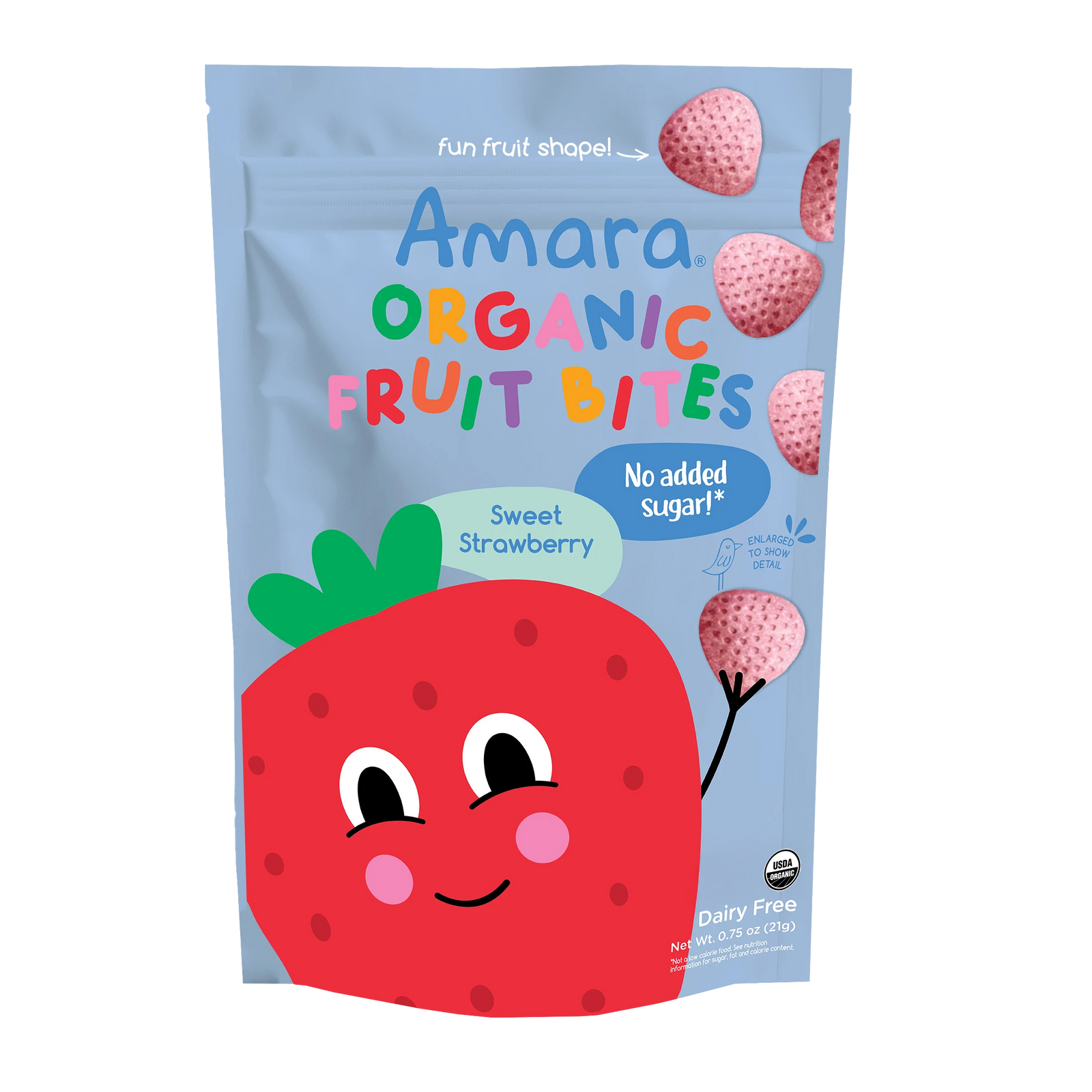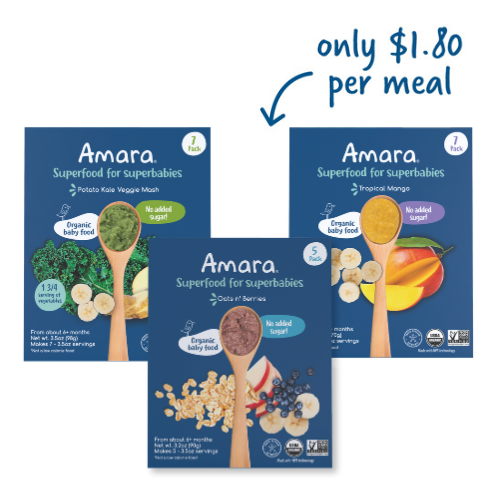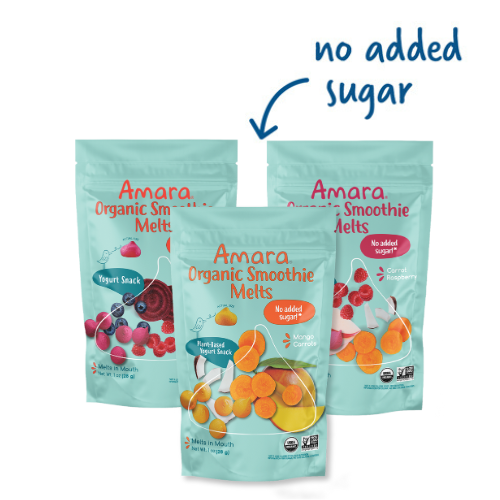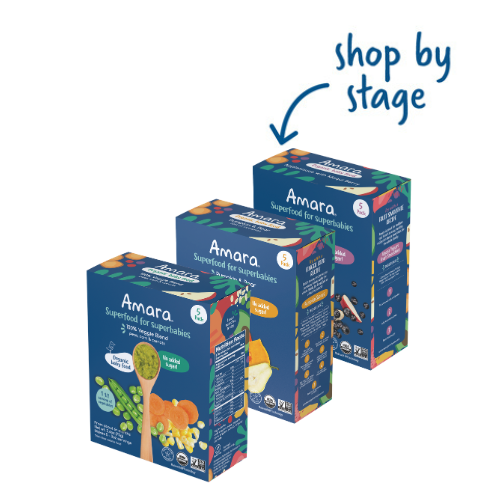
What Is Soy? (And Where Do We Find It?)
Soy beans (sometimes referenced as soya beans) are a type of legume native to East Asia, and they have an impressive nutritional profile: they’re rich in protein and contain all the essential amino acids; they’re high in fiber; high in isoflavones (a subcategory of flavonoids with anti-inflammatory, antioxidant, and antimicrobial properties); contain healthy plant fats; and they’re an excellent source of numerous vitamins and minerals.
But just because soy beans are healthy does not mean that all soy foods are healthy. This is because some soy-based products are highly processed. Generally speaking — and just like nearly every food there is — the less processed a food (product) is, the better it is for you. Soy foods with minimal processing contain more of all the “good stuff” (vitamins, minerals, fiber, good-for-you plant compounds and the like) and less of undesirable additives such as salt, sugar, fillers, and added fat. (The reverse is also true, by the way.)
This is why experts say that it’s best — healthiest — to consume minimally processed forms of soy. These include:
- Soy beans
- Tofu
- Tempeh
- Edamame (Fun fact — did you know? Edamame means “beans on branches.”)
- Unsweetened soy milk
- Unsweetened soy yogurt

On a similar note, scientists also tell us that fermented soy products tend to offer the greatest health benefit when it comes to eating soy (i.e., soy sauce, natto, tempeh, or miso). The process of fermentation not only helps our bodies to more efficiently digest and absorb all the nutrients in soy foods, but also minimizes the so-called “antinutrient content” that’s found naturally in soy (such as phytates, which are common in many legumes and also nuts). If you’re not into fermentation, cooking, sprouting, and soaking will have similar (though less potent) effects.
On the flip side, some examples of more highly processed soy foods that are “lower on the spectrum” in terms of health benefits include soy-based protein powders, “fake” or alternative meats, energy bars, and sweetened soy milk or yogurt.
Where do we find soy in the supermarket?
There are numerous foods that are derived from soy as a main ingredient — some are relatively obvious (soy milk or soy sauce, for example), but others are perhaps less so. Tofu is made from soy, as is fermented bean paste, natto, and tempeh (the latter three here are all forms of fermented soy). These products may be stored in the produce area of the grocery store or sometimes in variously labeled “ethnic food” sections.
Soy also makes its way into our diets in other ways. Soybean meal — this is essentially soy that has had the fat removed from it — is a common source of protein for animals and it’s also added to many packaged foods and meals. In addition, soy products are used frequently in meat and dairy alternatives, hence many dairy-free or meat-free products on the market contain soy in one form or another.

Introducing Soy to Baby
For many babies, formula constitutes the first introduction to soy. Let’s talk about soy infant formula:
I was surprised to learn that soy-based infant formulas have been available for nearly 100 years. They were initially developed as an alternative source of nutrition for babies who couldn’t tolerate cow’s milk protein formula, and though soy formula isn’t very widely indicated (we’ll get to that momentarily), it’s quite widely used. In the last decade alone, more than twice as many families are opting for soy formula, and soy infant formula now accounts for some 25% of the entire infant formula market in the U.S. That’s a big chunk!
So what is soy formula?
Infant formula in the United States is a very highly regulated industry — every product is required to meet careful nutritional stipulations. Based on macronutrient, micronutrient, and electrolyte requirements set according to guidelines established by the American Academy of Pediatrics and the Food and Drug Administration, infant formulas are designed to mimic the nutritional composition of breast milk as closely as possible and deliver all the nutrition and sustenance babies need to grow and develop healthfully.
All infant formulas contain macronutrients (protein, fat, and carbohydrates) as well as micronutrients (vitamins and minerals) in carefully specified proportions — where formulas differ from one to the next is the specifics of their ingredients and their derivation.
Soy infant formula is infant formula that uses protein derived from soy rather than cow’s milk (it’s therefore lactose free). It usually contains fat derived from vegetable oils and carbohydrates from corn maltodextrin, corn syrup solids, or sucrose.
Though it tends to run on the expensive side, soy infant formula is an excellent option for the small number of babies who are unable to digest various components of cow’s milk protein infant formula; and it’s also a welcome alternative for families who follow a vegetarian or vegan diet and prefer not to use cow’s milk formula. (Note that the vitamin D in soy formula is often derived from lanolin, which comes from sheep’s wool, so it’s not strictly vegan, but this is basically as close to a vegan infant formula as you can find on the market.)
If you aren’t sure whether your baby should take soy formula or switch to soy formula, talk to your pediatrician!

If you and doctor agree that introducing soy formula is best for your baby, here are some tips for making the switch:
- Talk to your doctor about whether to switch all at once or transition gradually.
- Read the directions! Make sure you mix the formula exactly according to the instructions on the label.
- If your baby has any known allergies, double check the ingredient list to make sure there are no ingredients of concern.
- Always check the expiration date.
- Watch your child — pay attention to your baby’s diapers, any digestive issues, or skin reactions as you make the switch, and be sure to speak with your pediatrician about any changes you notice, especially rashes, bloody stool, or bloody vomit, as these may be signs of an allergy.
It’s worth (re)emphasizing briefly that soy baby formula is technically only recommended for a small minority of babies, and that unless your infant falls into that group, there’s really no reason and certainly no benefit to using soy baby formula over cow’s milk baby formula. (At the same time, there’s generally no harm, either.)
That said, there are a handful of instances in which medical professionals specifically advise against using soy formula:
- If your baby has an allergy to cow’s milk protein allergy.
This sounds totally counterintuitive, I know, but in fact many babies who are allergic to cow’s milk are also allergic to soy protein (go figure), and these babies usually do best with a hydrolyzed protein formula. Be sure to talk to your doctor about what’s best for your baby.
- If your baby is at risk for food allergies.
Since soy is a leading allergenic food, soy formula is not recommended for babies who are at an elevated risk for food allergies.
- If your baby was born preterm or suffers from reduced renal function.
Because soy based formulas contain higher levels of aluminum (for reference, the aluminum content in breast milk is ~4-65 ng/mL and in soy formula it’s ~600-1300 ng/mL), soy infant formula is not recommended for preterm babies or babies with renal function problems, since excess aluminum could pose health risks. Specifically, elevated aluminum levels could potentially harm a baby’s brain development and bone mass growth. *Healthy, term babies with normal renal function aren’t at apparent risk for aluminum toxicity.
Outside of these contraindications^, it’s also important to remember that there aren’t any documented benefits of using soy formula over cow’s milk based formula. We don’t have any evidence suggesting, for example, that consuming soy based formulas in infancy lowers a person’s disease risk later in life. We also have no evidence that consuming soy formula protects babies against allergies, helps alleviate things like colic, gas, or other nonspecific digestive issues.
In short, soy protein formula is a great option for those babies and families who need an alternative, but it’s not necessarily advantageous over cow’s milk formula.
Okay — moving on from infant formula… What else is there to know about introducing soy to your baby?
Babies can enjoy soy in many different ways! Again, soy beans are a fantastic source of nutrients, so soy is a wonderful food to begin to incorporate into your baby’s diet.

Here are some tips and ideas for introducing soy to baby:
- It’s best to offer soy to your baby after they’ve already tried numerous solid foods and have a little more experience eating (rather than introducing soy as a first food), since soy is a top allergen.
- For similar reasons, you may want to offer soy to your baby in isolation, or only alongside foods you know they can eat.
- Soy milk is easy enough to offer, but do keep in mind that soy milk is not a straight substitute for cow’s milk for toddlers — it simply doesn’t have the same nutritional profile. (Also, watch out for added sugar — many soy milks on the market are loaded with it.)
- One of the easiest ways to offer soy to babies is tofu (which is made from curdled liquid extracts from soy beans) — it’s soft and super easy to use, whether you are blending and spoon-feeding purees or finger-feeding. It also pairs well with nearly anything!
Soy for Babies: Risks and Benefits
There’s a lot to love about soy, but it has also come under some heat as of late for various concerns about soy’s potential health risks. Nutrition scientists are keeping tabs on a few different issues, but generally speaking they are currently in agreement that scientific research has yet to uphold many of the concerns about soy’s effects.
Let’s take a closer look…
First up is the nature of the relationship between soy and estrogen. Because of soy’s high concentration of isoflavones, a kind of plant compound that in some ways mimics the hormone estrogen, many parents may worry about offering soy to their babies. It’s true that babies who consume soy formula do have a higher intake of soy isoflavones than babies who are breastfed or drink cow’s milk formula (actually, according to some research, they even have higher levels of soy isoflavones than even adults who consume soy as part of their diet), but nutrition researchers explain that isoflavones are not estrogen, and in fact they work in and upon the body in an entirely different way. Estrogen is much more potent than soy isoflavones, and our bodies also metabolize both differently. In short, these are not interchangeable, and neither are their effects.
Furthermore, studies exploring the possible hormone-like effects of soy have documented no significant long-term effects in sexual development, brain development, thyroid or immune function. As researchers explain: “although studied by numerous investigators in various species, there is no conclusive evidence from animal, adult human, or infant populations that dietary soy isoflavones may adversely affect human development, reproduction, or endocrine function.”
Other parents are concerned about soy’s “anti-nutrient” content. Soy contains phytates, for example, which can make it more difficult for the body to absorb nutrients. Specifically, there is concern about whether this could impede a baby’s ability to acquire the nutrients she needs from formula, but there are no studies confirming this effect.
Lastly, soy is one of a handful of crops that are often genetically modified — if you’re using soy infant formula and you’re concerned about this, you can opt for a formula that specifies it is non-GMO (make sure to check for an official seal of certification on the label/packaging).
But remember that despite these ongoing controversies, soy is overall a very healthy food with an array of health benefits:
- It’s a protein-rich food with all the essential amino acids.
- It contains numerous vitamins and minerals the body needs.
- It’s good for heart health.
- People who consume soy experience fewer menopause symptoms; and
- Eating soy may lower the risk for certain kinds of cancer.
Yes, epidemiological studies have demonstrated that soy isoflavones may actually have a protective effect against chronic conditions like heart disease and cancer (namely breast, endometrial, and prostate cancers). So there are tons of great reasons to consider including soy in your baby’s diet!

And remember, soy — especially tofu, which we prefer for feeding babies and toddlers because it is SO simple and easy to prep in so many different ways — goes well with almost everything! We particularly love it with savory veggies, like Amara’s organic Peas, Corn, and Carrots, Kale Potato Veggie Mash, or Pumpkin & Pear. Every Amara blend is designed by both a nutrition scientist and a chef to deliver the best, freshest taste in every bite, and our nutrient protection technology (NPT) preserves the nutrient content and composition of whole, fresh foods — which are all we ever use. No additives, fillers, or added sugar — ever. :)
Let us know how you’re serving soy at your house!








Leave A Comment